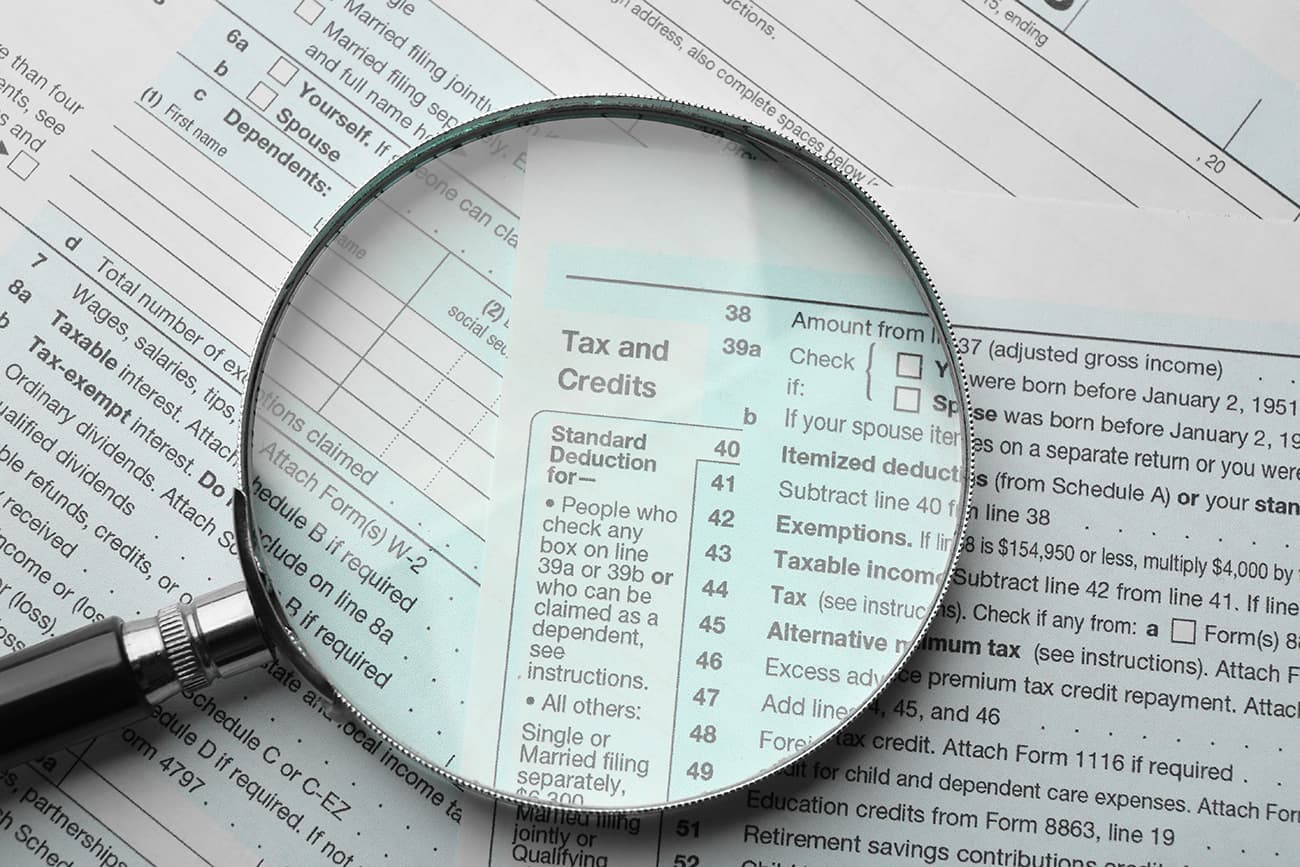The most recent “true tax reform” bill was enacted on December 22, 2017, when President Trump signed the “Tax Cuts and Jobs Act (TCJA)," in his first term in office. However, because a large number of provisions in this enormous tax bill were set to expire at the end of 2025, the topic of tax reform has continued to be a current and important issue since 2018.
The individual provisions of the measure were generally effective starting with the 2018 tax year and made many important changes to the tax law. NAR’s analysis of TCJA’s provisions impacting real estate can be found at "The Tax Cuts and Jobs Act - What it Means for Homeowners and Real Estate Professionals."
NAR's Top Priorities for Tax Reform
As the expiration of most of the tax benefits and other changes of the Tax Cuts and Jobs Act drew closer, NAR’s Advocacy Group increased its interaction with key members of Congress to ensure they understood the importance of the benefits of many of the changes made by the TJCA on real property investment and to real estate professionals as well as the harm being caused by certain other changes.
For example, the 20 percent qualified business income deduction has been a huge benefit to independent contractors and other self-employed or owners of pass-through businesses. At the same time, provisions such as the $10,000 limit on the deduction of state and local taxes (SALT) has harmed current and perspective homeowners and others. These discussions laid the foundation for changes NAR was pushing when it was time for Congress to address the expiring provisions of the 2017 tax act.
As legislative action on tax reform heated up in 2024 and especially in early 2025, NAR developed its top priorities for tax reform in the bill that Congress needed to pass in order to keep the tax cuts from the TJCA from expiring, which would have been catastrophic to the economy and to millions of American families. These priorities included the following:
- Permanent extension of 20 percent Qualified Business Income deduction
- Substantial increase in state and local tax (SALT) deduction limit
- Expansion / renewal of Opportunity Zone incentives
- Retaining the higher estate tax thresholds
- Tax changes to address the housing supply crisis, including:
- Doubling the exclusion on profit on sale of homes and index for future inflation
- Expansion of Low Income Housing Tax Credit
- Provisions to increase number of homes in distressed neighborhoods
- Tax credit for converting unused/underutilized commercial property to housing units
- Capital gains incentives for investors who sell rental homes to first-time owner-occupants
- Tax-incentivized savings accounts to help prospective homeowners save for down payment and closing costs
- Maintain tax incentives for homeownership, such as mortgage interest deduction
- Oppose changes that would harm real property investment, including the following:
- Preserve 1031 like-kind exchanges
- Increases in capital gains tax rates
- Estate tax increases
- Expansion of the net investment income tax
- Changes in the taxation of carried interests for commercial real estate developers
- New taxes on exempt organizations
The One Big Beautiful Bill Act
After a tumultuous period of legislating on what was to become the One Big Beautiful Bill Act (OBBBA), the main purpose of which was to extend and expand the expiring tax benefits of the Tax Cuts and Jobs Act, NAR Advocacy was very pleased that most of our priorities were achieved in the new bill, which was signed into law by President Trump on July 4, 2025. Those individual items that are highlighted above are included in the final act.
Even better, most of the provisions listed above were made permanent in the OBBBA, which means there is much less chance that these tax benefits will be reversed than was the case with the Tax Cuts and Jobs Act, which provided a certain statutory end date for most of its benefits.
For those NAR tax reform priorities that were not included in the new tax reform act, the Advocacy Group continues to remind Congress that real estate investment, and particularly homeownership, in America is in a crisis and that the items on our priority list that have yet to be enacted are key solutions to expanding our housing supply and ensuring millions more families will have the opportunity to achieve the American Dream of homeownership.
















